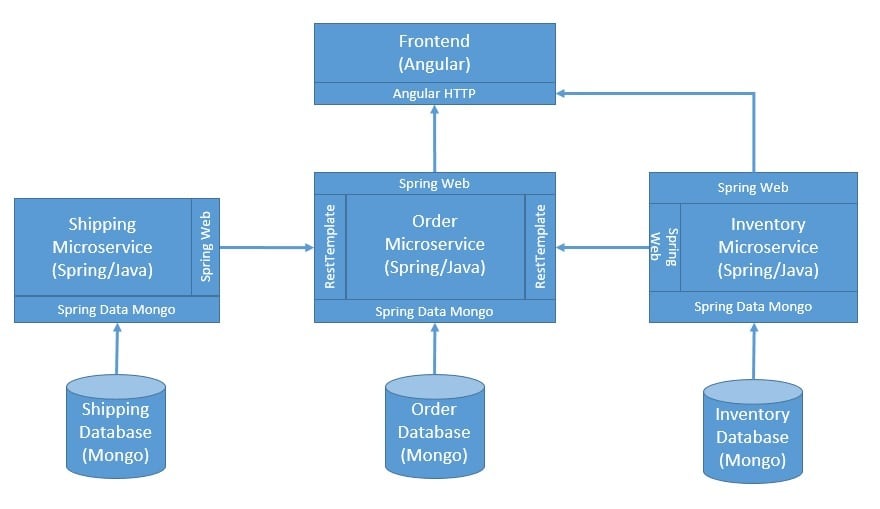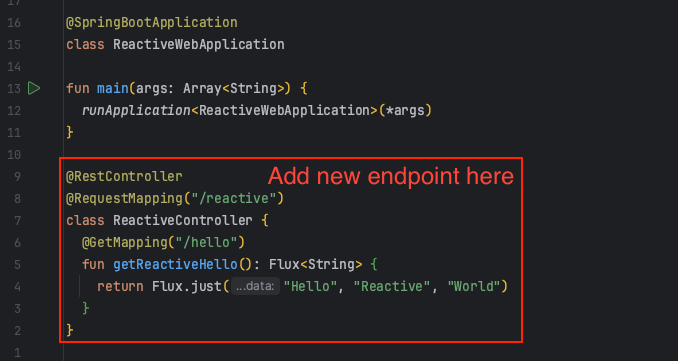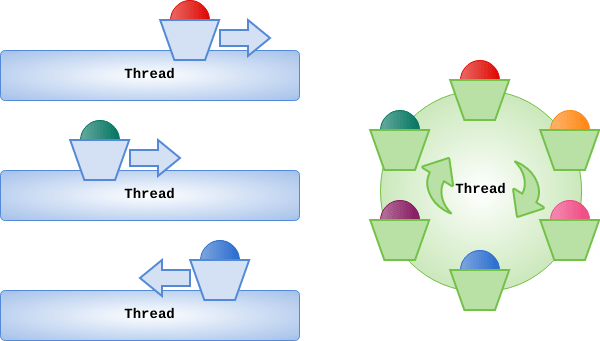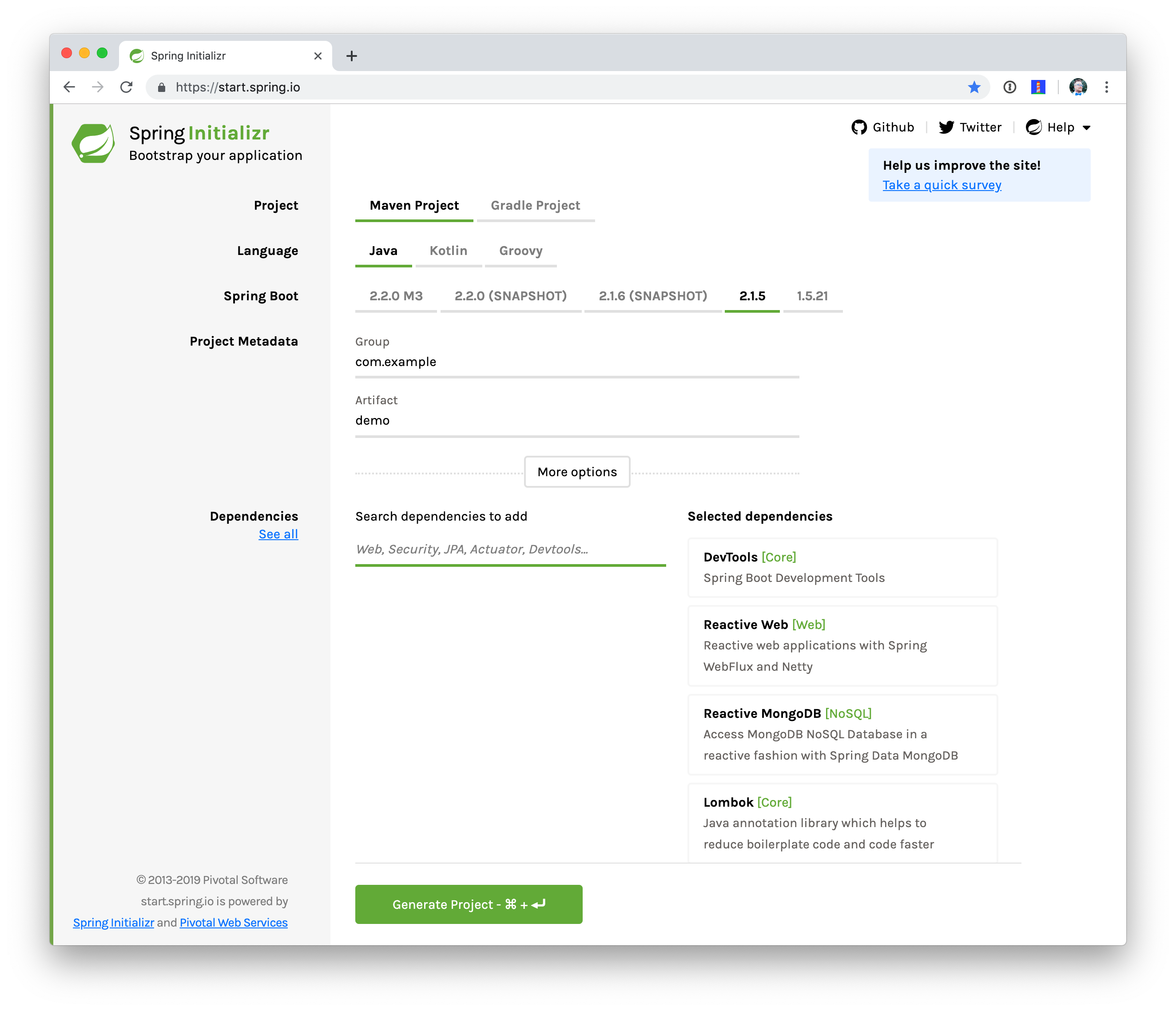Roads & PavementRoads & Pavement
Barefoot
Minimal
Low
Medium
High
Maximal
All around running shoes offer comfort and cushioning for daily runs, jogs, walks, and long mileage. They offer enough versatility for both faster and slower runs and are a great option for those who want one running shoe to do it all.
Fast run or uptempo running shoes are lightweight and responsive. They offer streamlined designs that have minimal uppers and offer a high level of energy return. These shoes are a great option for faster runs in the week or those looking for a livelier experience.
Max Cushion shoes offer premium cushioning with ample ground protection and a stable ride. These types of shoes provide abundant impact protection that softens landings while running at any pace or distance. These types of shoes are best for slower recovery runs and easy days where comfort takes priority.
Racing shoes are designed with optimal performance in mind. These types of shoes have snug-fitting uppers, energetic midsole foams, and features implemented for maximum efficiency. These types of shoes are best for runners looking to gain the ultimate advantage in races but may sacrifice some durability and comfort.
Gym Workout shoes offer a stable and versatile ride. They have a firmer underfoot feeling that provides stability for lateral movements with comfortable uppers. These types of shoes are best for trips to the gyms, cross training, casual wear, and light running. A Simple Guide to Reactive Java with Spring Webflux Split
Road running shoes feature smooth outsoles that are designed for running on paved surfaces such as roads, sidewalks, and bike paths.
Designed to handle most trail runs, these shoes prioritize comfort and a smooth ride. These shoes are great for anything from smooth singletrack, park trails, and fireroads making them ideal for those who run from their doorstep on streets before hitting the trail.
These shoes are best used for hard, rugged trails such as shale, granite or sandstone where grip on smooth surfaces and underfoot protection are important.
Designed for use in muddy, soggy conditions, these shoes feature very aggressive outsoles that dig deep into soft ground for exceptional traction.
These shoes feature technical outsoles designed to grip snowy and icy trails making them ideal for winter trail running.
Cushioning level, or stack height, refers to how much shoe is between your foot and the ground. For this category, we reference the amount of cushioning below the forefoot as the heel height will be equal to or greater than the forefoot height.
Reactor Spring Boot Webflux series EP 1 Getting Started with
0-13mm. The Shoe generally does not have a midsole and feels like there is no cushioning. This shoe is all about feeling the ground underfoot.
14-18mm. The shoe has a thin midsole that allows for a natural running experience. Racing shoes and minimalist shoes are common here. These shoes offer a feeling of being connected to the road or trail.
19-23mm. The shoe has a slightly cushioned feel and may feature added cushioning technologies. Performance training shoes and some trail shoes are common here. These offer protection during footstrike but prioritize a lightweight, grounded experience.
24-28mm. These shoes have a stack height that fall near the middle of the spectrum.The shoes in this category are verstaile and great for all types of runs and distances.
29-34mm. The shoe has a thick midsole and ample cushioning. These shoes are highly protective and absorb more impact than the body.
35mm plus. The shoe has an extremely thick midsole and extra cushioning. The focus is on protection and soft foam underfoot with hardly any ground feel.
Neutral shoes support the foot through a normal range of arch collapse and generally do not have a built-in technology to correct movement.
Stability shoes are a great option for those who overpronate or need added support. These shoes help to limit the inward rolling motion of the ankle while running or walking and assist in guiding the foot straight through the gait cycle. SpringBoot2 Blocking Web vs Reactive Web DEV Community
Product Details:
Servlet vs. Reactive Choosing the Right Stack Rossen Stoyanchev shop, Full Reactive Stack with Spring Boot WebFlux and MongoDB shop, Build Reactive REST APIs With Spring WebFlux DZone shop, Hands On Reactive Programming in Spring 5 shop, Tracing in Spring Boot 3 WebFlux. How to utilize Micrometer shop, Spring Data Reactive MongoDB CRUD Example Vinsguru shop, GitHub ard333 spring boot webflux jjwt Example Spring Boot and shop, Spring Webflux and Native for Microservices Ready for Primetime shop, Spring Boot WebClient Tutorial shop, 10 Examples of WebClient In Spring Framework and Java Java67 shop, Introduction to Reactive Programming and Spring WebFlux shop, Spring Boot WebFlux example Building Rest API BezKoder shop, Build Reactive REST APIs With Spring WebFlux DZone shop, Full Reactive Stack Introduction shop, A functional endpoint in Spring WebFlux Complete Tutorial shop, A Step by Step guide to create Reactive CRUD RESTful APIs using shop, How to Enable CORS in Spring WebFlux with Backend Implementations shop, Build Reactive APIs with Spring WebFlux Okta Developer shop, Migrating from Spring Web MVC to Spring Webflux by Najeeb Arif shop, SpringBoot2 Blocking Web vs Reactive Web DEV Community shop, Reactor Spring Boot Webflux series EP 1 Getting Started with shop, A Simple Guide to Reactive Java with Spring Webflux Split shop, Reactive Systems in Java Baeldung shop, Spring Boot WebFlux example Building Rest API BezKoder shop, Spring Boot R2DBC Reactive H2 CRUD Application Spring Boot Reactive Example Web Flux Asynchronous shop, Reactive programming with Spring boot 2 by g00glen00b optis shop, Create a WebFlux application with Spring Boot Spring WebFlux By shop, Getting Started with Spring WebFlux shop, Spring WebFlux CRUD Example JavaTechOnline shop, Chapter 11. Developing reactive APIs Spring in Action Fifth Edition shop, Reactive Programming using Spring MVC and WebFlux Page shop, Building a Reactive RESTful Web Service using Spring Boot and shop, Reactive Java Microservices with Spring Boot and JHipster Okta shop, Full Reactive Stack with Spring Boot WebFlux and MongoDB shop, How To Develop A Reactive CRUD REST API With Spring WebFlux shop, Spring WebFlux Spring Reactive Programming DigitalOcean shop, Build Reactive REST APIs With Spring WebFlux DZone shop, Spring Reactive shop, Servlet and Reactive Stacks in Spring Framework 5 InfoQ shop, Building a Reactive RESTful Web Service using Spring Boot and shop, Spring Webflux Beginner Tutorial 2022 YouTube shop, Reactive Architecture with Spring Boot shop, Reactive Programming in Spring Boot using Spring Webflux Framework shop, Spring WebFlux Tutorial with CRUD Example HowToDoInJava shop, Spring Reactive shop, Spring WebFlux Tutorial shop, Spring WebFlux Spring Reactive Programming DigitalOcean shop, Getting Started with Spring WebFlux shop, Spring Web vs Spring Webflux. Spring Web and Spring Webflux are shop, Spring WebFlux Tutorial with CRUD Example HowToDoInJava shop, Product Info:
Spring boot reactive web example shop.
- Increased inherent stability
- Smooth transitions
- All day comfort
Model Number: SKU#7351027





